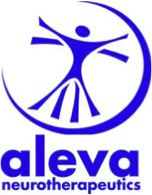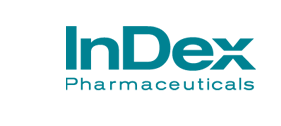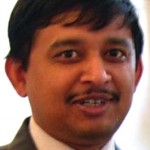News
Company News: Aleva Neurotherapeutics Expands Board of Directors

– Entrepreneur Martin Velasco and Industry Expert Scott R. Ward Appointed as Board Members –
Aleva Neurotherapeutics, a company developing next-generation implants for Deep Brain Stimulation (DBS) in major neurological indications such as Parkinson´s disease or depression, today announced the expansion of its Board of Directors. Martin Velasco, a seasoned entrepreneur and business angel, and Scott R. Ward, advisor and former Senior Vice President and President, CardioVascular at Medtronic, were appointed as members of the Board of Directors.
Martin Velasco is an entrepreneur and business angel with extensive experience in the IT, medical and biotech industries. He is the co-founder and former CEO of SpeedLingua, a company developing and marketing solutions for language learning. In addition, he has co-founded various technology companies and serves as a board member of several high-tech and healthcare firms including Anecova, Sumerian, AC-Immune, Cocomore, and Aridhia. Moreover, Martin Velasco is Vice President of the Board of the Foundation EPFL+ and Vice Chairman of the European Tech Tour Association. He has received numerous prestigious awards for his activities as a business angel.
Scott R. Ward is President of Raymond Holdings, LLC, a firm focused on the life sciences with activities in venture capital, corporate strategy, and transactional advisory services. From 1981 to 2010, he has held various senior management positions at Medtronic, Inc. with increasing responsibility, including Senior Vice President and President, Vascular and CardioVascular, Senior Vice President and President Neurological, Gastroenterology, Urology and Diabetes, and President Neurological Business. Mr. Ward is Chairman of the Board of MAP Pharmaceuticals, iScience Interventional and Gillette Children’s Specialty Healthcare. He also serves on the Board of Creganna-Tactx Medical, Respircardia Inc., and Surmodics, Inc.
André Mercanzini, co-founder and Chief Technology Officer of Aleva Neurotherapeutics, has stepped down as a board member of Aleva. The founders have elected Scott Ward as their representative. Markus Hosang of Biomedinvest AG and Juerg Eckhardt of Bellevue Asset Management AG continue to serve as members of the Board of Directors, which is chaired by Oern Stuge, MD. Mr. Stuge has a long-standing management track record with healthcare companies such as Medtronic Inc. and Abbott Laboratories Inc.



